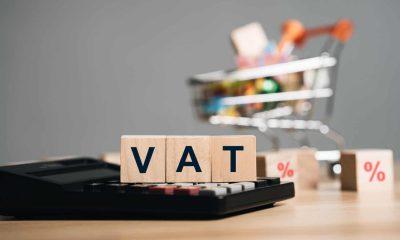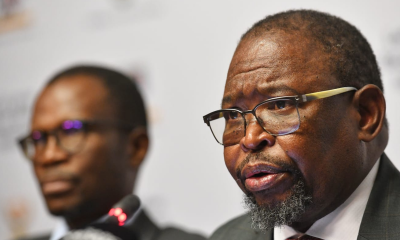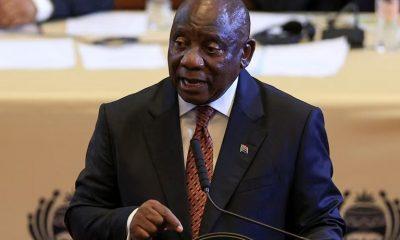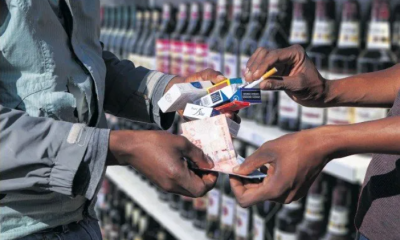411
Treasury Halts VAT Increase in South Africa Amid Public Outcry
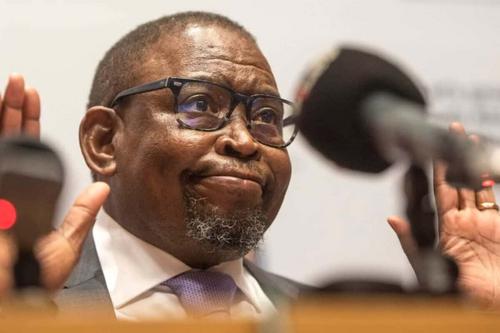
South Africa’s Finance Minister, Enoch Godongwana, has taken a decisive step by shelving the proposed VAT increase originally set to take effect from 1 May 2025. The announcement, made by the National Treasury on 24 April, comes after weeks of heated public debate and political opposition.
The planned 0.5 percentage point hike in VAT, from 15% to 15.5%, had been included in the Budget speech delivered in March and approved in early April. But strong resistance from both the public and Parliament has led to a reversal.
Why the Reversal?
According to Treasury, the decision to maintain VAT at 15% follows “extensive consultations with political parties and careful consideration of the recommendations of parliamentary committees.” The government acknowledged the potential burden the increase would have placed on already struggling households, especially lower-income earners.
“By not increasing VAT, estimated revenue will fall short by around R75 billion over the medium term,” the Treasury noted.
What Happens Next?
To manage the significant revenue shortfall, Minister Godongwana has informed the Speaker of the National Assembly of his intention to withdraw both the Appropriation Bill and the Division of Revenue Bill. These will be revised to reflect new spending priorities and constraints.
A revised version of both bills is expected to be tabled in Parliament within the coming weeks, and lawmakers will be tasked with adjusting government expenditure to maintain fiscal sustainability.
“This move means that any measures originally designed to cushion the poor against the VAT hike will also be withdrawn, and broader spending decisions will need to be reconsidered,” Treasury added.
A Shift in Fiscal Strategy
While the initial VAT hike was aimed at restoring funding to critical public services impacted by budget constraints, its unpopularity forced the government to seek alternatives. The Treasury admitted that while other proposals are on the table—such as changes to wealth taxes, spending cuts, or increasing excise duties—most do not offer immediate relief or may carry risks for growth and employment.
Any additional revenue collected by the South African Revenue Service (SARS) could also play a role in offsetting the impact of the VAT freeze, though this remains speculative for now.
Public Response and Political Ramifications
The reversal is widely seen as a political win for opposition parties and civil society groups that had strongly opposed the increase. With national elections looming, some analysts view the decision as both economically cautious and politically strategic.
However, questions remain: How will the Treasury plug the R75 billion gap? Will public services suffer further cuts? And what does this mean for South Africa’s broader economic recovery plans?
While the decision to scrap the VAT hike has been welcomed by many, it places pressure on Parliament and Treasury to find sustainable alternatives without worsening the country’s already strained fiscal outlook.
More clarity is expected in the coming weeks as the revised budget bills are introduced. Until then, South Africans can breathe a sigh of relief—at least for now.
{Source: IOL}
Follow Joburg ETC on Facebook, Twitter , TikTok and Instagram
For more News in Johannesburg, visit joburgetc.com



